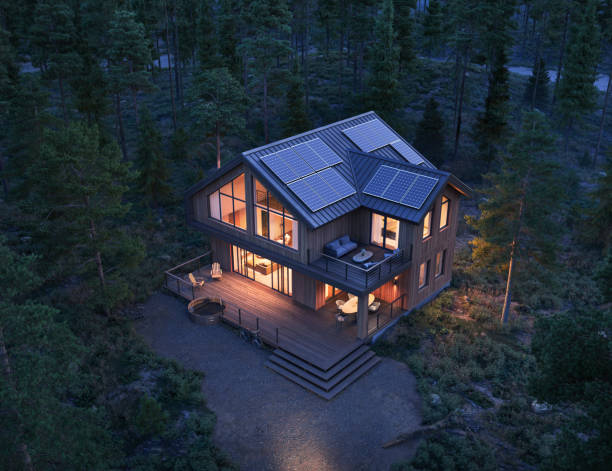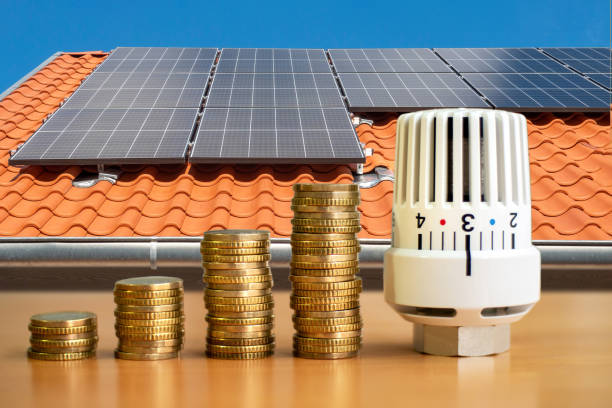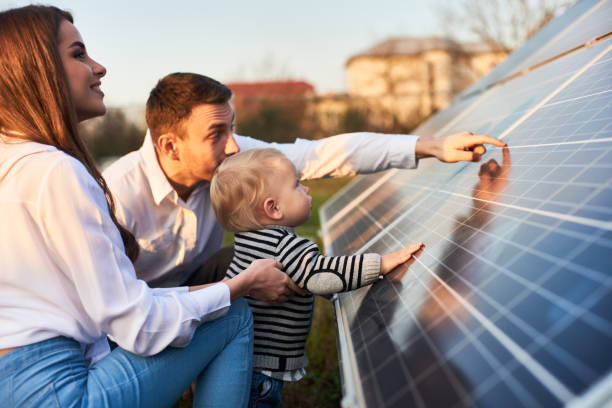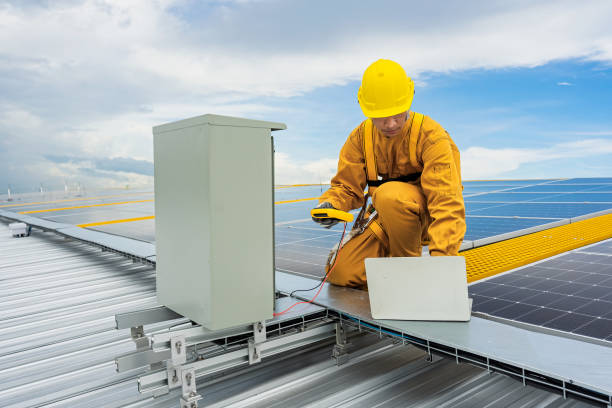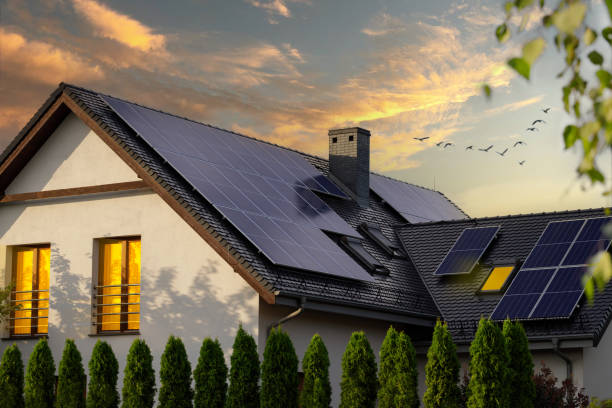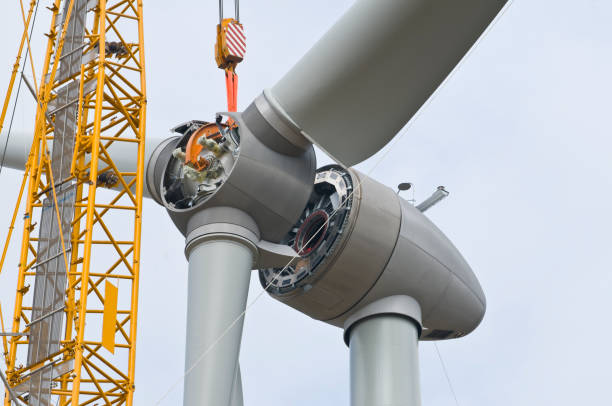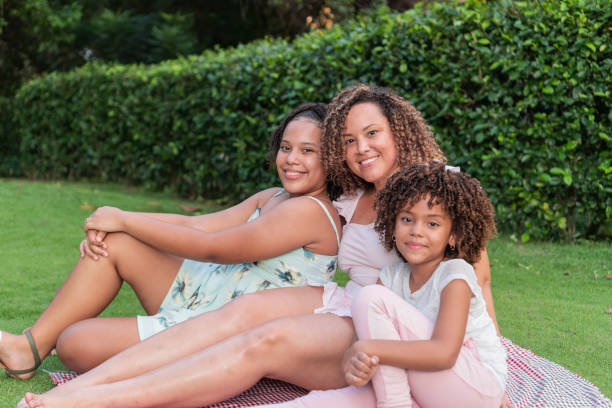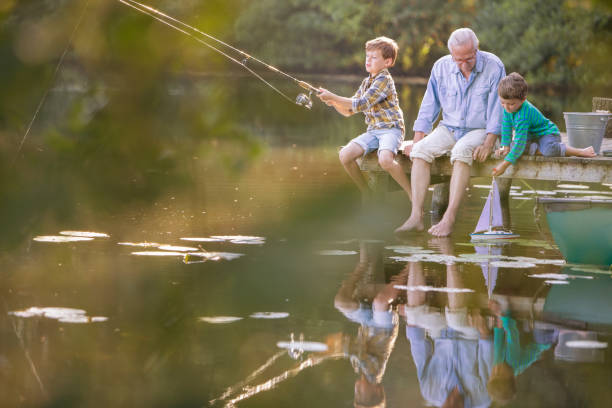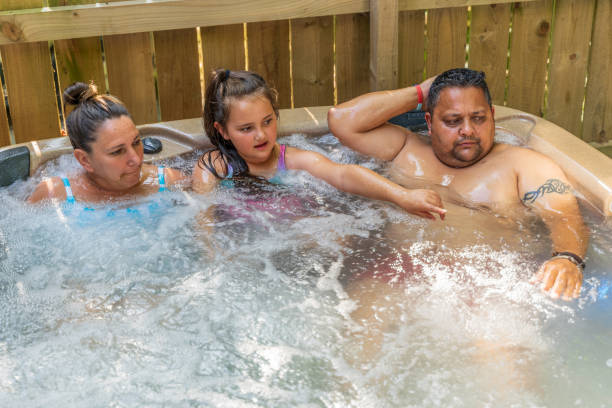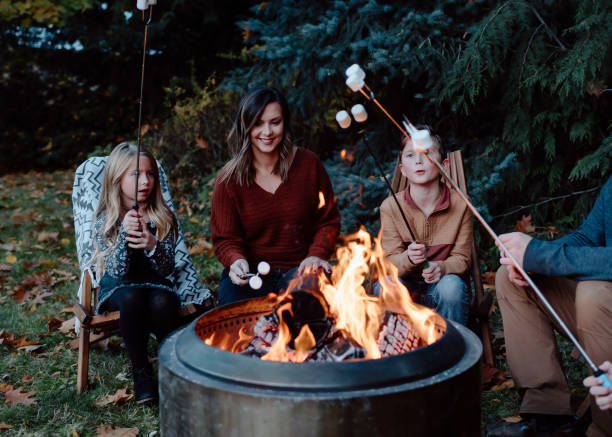Can Outdoor Light Be Used Indoors?
This post contains affiliate links. I may earn a commission at no extra cost to you if you make a purchase. Note that I’m not a health or outdoor safety professional, so further research is advised. Your support keeps Outdoors A-Z running—thank you! Read the full disclosure.. Read the full disclosure here.
The boundaries between outdoor and indoor lighting have become increasingly blurred as homeowners and designers explore creative ways to bring the benefits of outdoor light into interior spaces. In this article, we delve into the fascinating question: Can outdoor light be effectively used indoors, and if so, what are the considerations and advantages?
Table of Contents
Understanding Outdoor Lighting
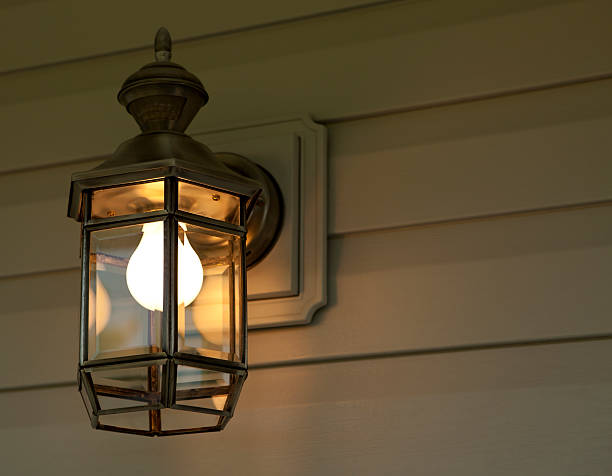
Natural Sunlight as an Outdoor Light Source
Outdoor lighting begins with the most natural source: sunlight. Understanding how natural light changes throughout the day forms the basis for effectively using outdoor light indoors.
Different Types of Outdoor Lighting Fixtures
From string lights to floodlights, the variety of outdoor lighting fixtures opens up possibilities for diverse indoor applications. Each type of fixture brings its unique characteristics to interior spaces.
Color Temperature and Its Impact
Color temperature plays a crucial role in the perception of light. Exploring the color temperature of outdoor light helps in choosing fixtures that complement indoor settings.
Adaptability of Outdoor Light for Indoor Spaces
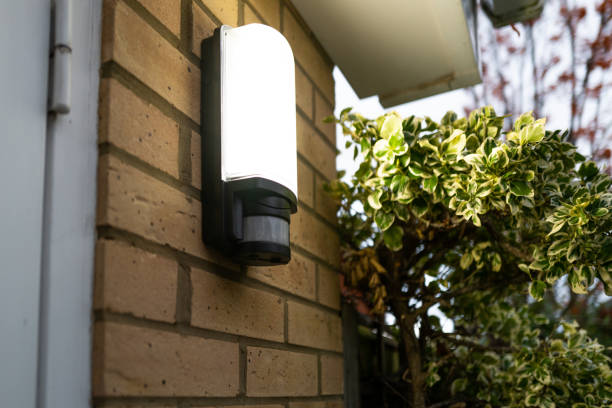
Bringing the Outdoors In: Decorative Aspects
Outdoor light can be an aesthetic addition to interior design. Decorative outdoor lighting elements, such as fairy lights or lanterns, can create a cozy and inviting atmosphere indoors.
Practical Applications in Home and Office Settings
Beyond aesthetics, outdoor light finds practical applications in homes and offices. Properly harnessed, it can enhance task lighting and contribute to a healthier indoor environment.
Mimicking Natural Light Indoors
For spaces lacking ample natural light, outdoor light can mimic the characteristics of sunlight. This is especially beneficial for maintaining a connection to natural circadian rhythms.
Technical Considerations and Installation
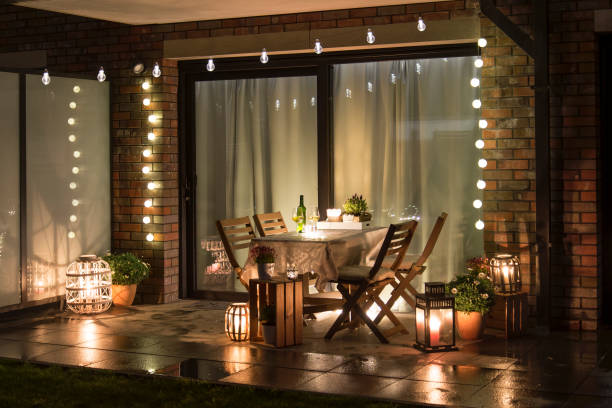
Compatibility of Outdoor Bulbs for Indoor Use
Not all outdoor bulbs are suitable for indoor use. Understanding the technical specifications and ensuring compatibility is crucial for a successful integration.
Proper Fixtures and Wiring for Indoor Application
Installing outdoor light fixtures indoors requires attention to proper fixtures and wiring. Adhering to safety standards ensures longevity and functionality.
Avoiding Common Pitfalls in Installation
Common installation mistakes, such as poor placement or inadequate insulation, can lead to inefficiencies. Recognizing and avoiding these pitfalls ensures optimal performance.
Benefits of Using Outdoor Light Indoors
Promoting Well-being and Productivity
Exposure to natural light has been linked to improved well-being and productivity. Integrating outdoor light indoors contributes to a positive and vibrant atmosphere.
Enhancing Aesthetics and Mood Indoors
The aesthetic appeal of outdoor light can transform indoor spaces. Choosing the right fixtures and placements enhances mood and visual appeal.
Energy Efficiency Considerations
Outdoor light, especially solar-powered options, can contribute to energy efficiency indoors. Harnessing natural light reduces reliance on artificial sources, positively impacting energy consumption.
Overcoming Challenges and Concerns
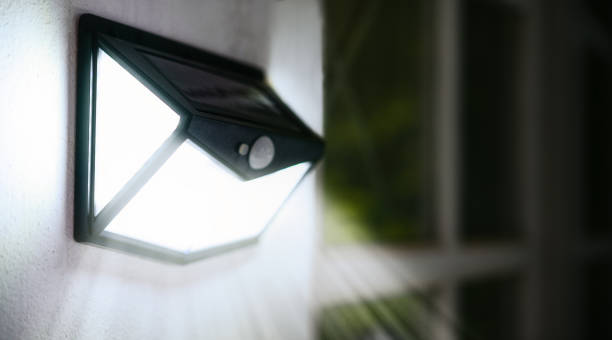
Addressing Potential Glare and Heat Issues
Excessive glare and heat from outdoor light can be a concern. Strategic placement, shading, and selecting appropriate fixtures help address these issues.
Balancing Artificial and Natural Light
Achieving a harmonious balance between artificial and natural light is essential. This balance ensures a comfortable and well-lit indoor environment.
Adapting to Changing Seasons
As outdoor lighting conditions change with seasons, adapting indoor lighting accordingly is necessary. This may involve adjustments in color temperature or additional artificial lighting.
Creative Applications and Design Ideas
Innovative Ways to Incorporate Outdoor Light Indoors
From creating a starry-night effect with string lights to using solar-powered fixtures, there are innovative ways to bring the charm of outdoor light indoors.
Designing Spaces to Maximize Natural Light
Architectural considerations, such as skylights or large windows, can maximize the infusion of natural light into indoor spaces. Designing with light in mind transforms the overall ambiance.
Tips for a Seamless Integration
Seamlessly integrating outdoor light involves thoughtful planning. Consider the existing decor, the purpose of lighting, and the desired atmosphere for a cohesive design.
Environmental Impact
Sustainable Practices in Indoor Lighting
Choosing sustainable outdoor lighting options contributes to eco-friendly practices indoors. This includes opting for energy-efficient bulbs and fixtures.
Reducing Carbon Footprint Through Outdoor Light Indoors
Reducing the carbon footprint involves conscious choices in lighting. Utilizing outdoor light efficiently contributes to a greener and more environmentally friendly home or office.
Choosing Eco-Friendly Outdoor Lighting Options
As the market offers more eco-friendly outdoor lighting options, consumers have the opportunity to make environmentally conscious choices when integrating outdoor light indoors.
Trends and Future Outlook
Emerging Trends in Indoor Lighting
Indoor lighting trends are evolving, with a growing emphasis on natural and adaptive lighting solutions. The integration of outdoor light aligns with these emerging trends.
Technological Advances in Outdoor Lighting for Indoor Use
Advancements in outdoor lighting technology, such as smart fixtures and energy-efficient bulbs, pave the way for more sophisticated indoor applications.
Predictions for the Future of Indoor Lighting
The future of indoor lighting involves a seamless integration of outdoor light, smart technologies, and sustainable practices. Predictions foresee a shift towards holistic lighting solutions.
Final Thoughts
In conclusion, the question of whether outdoor light can be used indoors is met with a resounding yes. The adaptability, aesthetic appeal, and potential benefits make it a viable and exciting option for homeowners and designers alike. By understanding the technical aspects, harnessing creativity, and embracing sustainability, we open the door to a brighter, more naturally lit indoor experience.
FAQs About Using Outdoor Light Indoors
Can I use any outdoor light fixture indoors?
Not all outdoor fixtures are suitable for indoor use. Ensure compatibility and safety standards before using outdoor fixtures indoors.
Are there energy-efficient outdoor light options for indoor use?
Yes, many outdoor lights, especially solar-powered ones, are energy-efficient and can be effectively used indoors to reduce energy consumption.
Can outdoor light really improve productivity indoors?
Yes, exposure to natural light has been linked to improved mood and productivity. Integrating outdoor light indoors can positively impact well-being.
What is the best way to mimic natural light indoors?
To mimic natural light, consider using daylight-simulating bulbs with a color temperature similar to sunlight. Additionally, optimize placement for even distribution.
How can I balance outdoor light with existing indoor lighting?
Achieve balance by strategically placing outdoor fixtures, considering existing lighting sources, and adjusting intensity based on the time of day.



